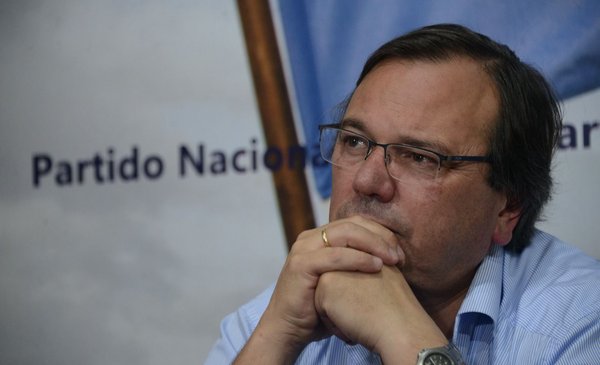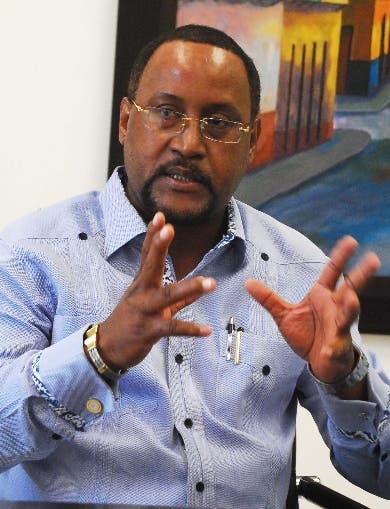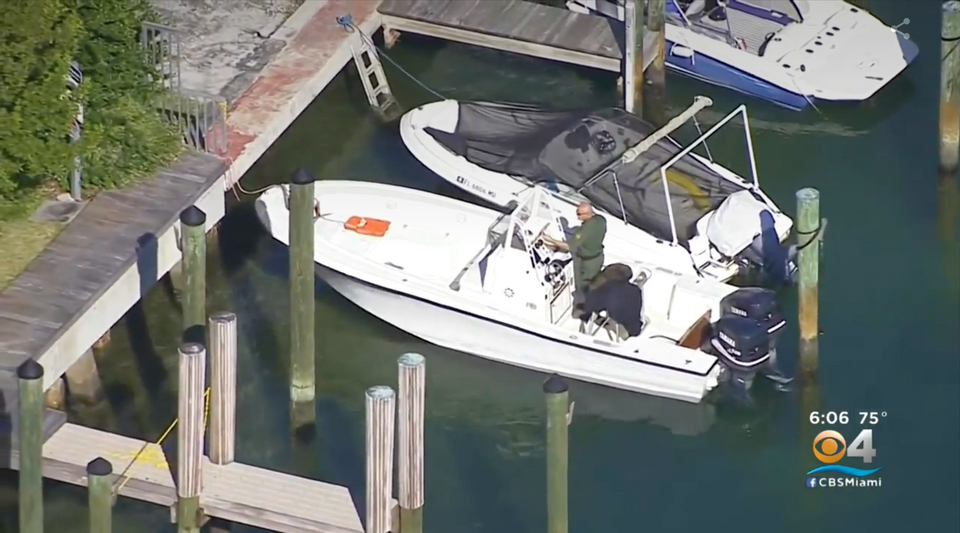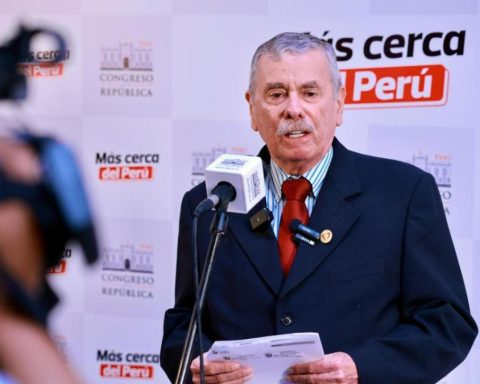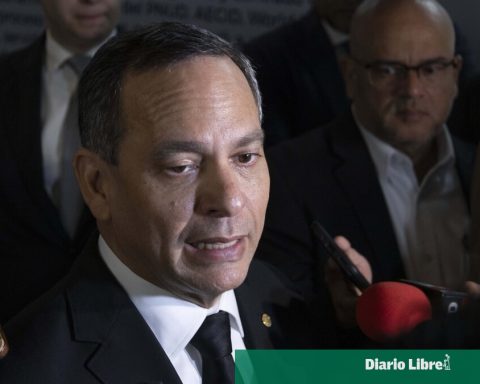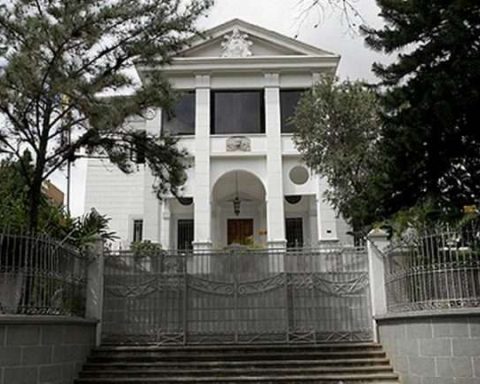The Ministry of Transport and Public Works implemented an international public tender for the implementation of an electronic traffic control system that verifies and eventually penalizes speeding on national routes.
It will involve the installation of devices at various points of the national road network, specifically selected to try “Improve road safety conditions” and so, “Achieve a significant reduction in deaths, injuries and material damage” associated with traffic accidents.
The successful bidder will receive an availability payment. This was reported by that Secretary of State, in the response to a request for information made by the Senate’s bench of the Frente Amplio.
The plan, according to the document you accessed The Observer, It will be executed through the Corporación Vial del Uruguay (CVU), and It arose through a private initiative presented in April of last year and that was approved by the Executive Power.
The government will thus be able to comply with the provisions of the Article 328 of the Budget Law passed in late 2020, which he could never apply. There the National Highway Directorate is empowered to apply fines for traffic offenses due to speeding on national routes, which must be verified through electronic control devices.
The law provides that 90% of the funds collected must go to financing road infrastructure works concessioned by agreement between the ministry and the National Development Corporation (CND), which will be the administrator of those resources. The remaining 10% will go to the purchase of security equipment and technological improvement, in agreement with the Ministry of the Interior. The Budget enabled a fund of US $ 25 million per year to implement this regulation.
The vulnerability of the Sictrac
In the document raised to the senators The ministry confirmed by part the final decision to annul the Comprehensive Cargo Transportation Control System (Sictrac), initially planned to make more formality effective in the sector.
“It is a fairly complete system, but it has characteristics of computer vulnerability from the operator”, asserted portfolio as justification.
The system was promoted by the previous administration and, after several extensions, on February 27, 2020, three days before the end of the management, sanctions were established for non-compliance. However, during the transition and as soon as he took office, the then Minister of Transport and Public Works, Luis Alberto Heber, assured that it would not be audited.
On the following March 9, Heber stated that the system was going to be thoroughly reviewed and that no one was going to be penalized for not adhering to the program. “It is not going to be enforceable for now,” he said. Finally, the decree that established the infractions was repealed.
The system established that the trucks must have satellite tracking that provides real-time information about the vehicle’s route, cargo data, origin and destination of the trip, itinerary, among other types of data.
As an alternative, Transportation now analyzes the possibility of improving control and inspection with “non-vulnerable telematic methods”, which in turn have certification from the Technological Laboratory of Uruguay (LATU).
“Different private initiatives that have come to the Executive Power are being studied with the purpose of implementing control systems that, ultimately, would increase formality and professionalization in the sector, generating sensitive and useful information to improve the national transport policy”, it was noted. The system was to be mandatory for companies with a fleet greater than 20 trucks. In the rest, its application was thought in a staggered way.
The information was expanded this Wednesday by Minister José Luis Falero before the Commission of Transportation and Public Works of Deputies. According to him, the decision to put the project aside was based on a double definition, political and practical.
On the one hand, he said, the determination of the government of Luis Lacalle Pou de not continue to increase the tax burden on the population, taking into account that the system was designed to finance the routes through their use, through the scheme “The one who breaks pays.” On the other, because there were practical difficulties that made its implementation “impossible.”
In the short term, the minister announced that it will begin to identify specifically where the cargo travels on the routes. It will be done through satellite control, in order to guarantee efficiency in public works.
At that point, the minister alluded to the responsibility over the last governments of the Broad Front. “They built poor quality works because they did not keep in mind what was happening on the routes”, assured. According to Falero, several of the works that came from the past period could not be inaugurated since, before doing so, “They were already broken.”
For example, he explained, Route 45, between Routes 11 and 3. A section that, according to the minister, “It’s detonated”. Also Route 23 in the Ismael Cortinas – Flores section and Route 43 at the entrance of San Gregorio de Polanco. Those sectors, he said, “were made with mixture that it was known that it was not going to support.”
In the report to the senators, the ministry admitted the impact that Decree 90/020 had on the road works plan, which forced almost the entire state to reduce its investments by 15%. Thus, in 2020 the ministry planned to invest US $ 199 million, but ended up executing US $ 66 million less.
Passenger transport
Falero was consulted in the commission for state support to passenger transport companies in light of the effects of the health emergency and the current situation in that sector. According to official figures, From March 1, 2020, US $ 192 million were derived there, between the traditional subsidy and the resources assigned specifically to alleviate the crisis caused by the pandemic.
The minister announced that an IDB consultancy will be used in order to have “updated data” on the sector, beyond the information usually provided by companies.
It will be like this, said Falero, to have the “certainty” of being “fair” with the support provided to these companies, and thus not rely on data that “many times are out of date.”
